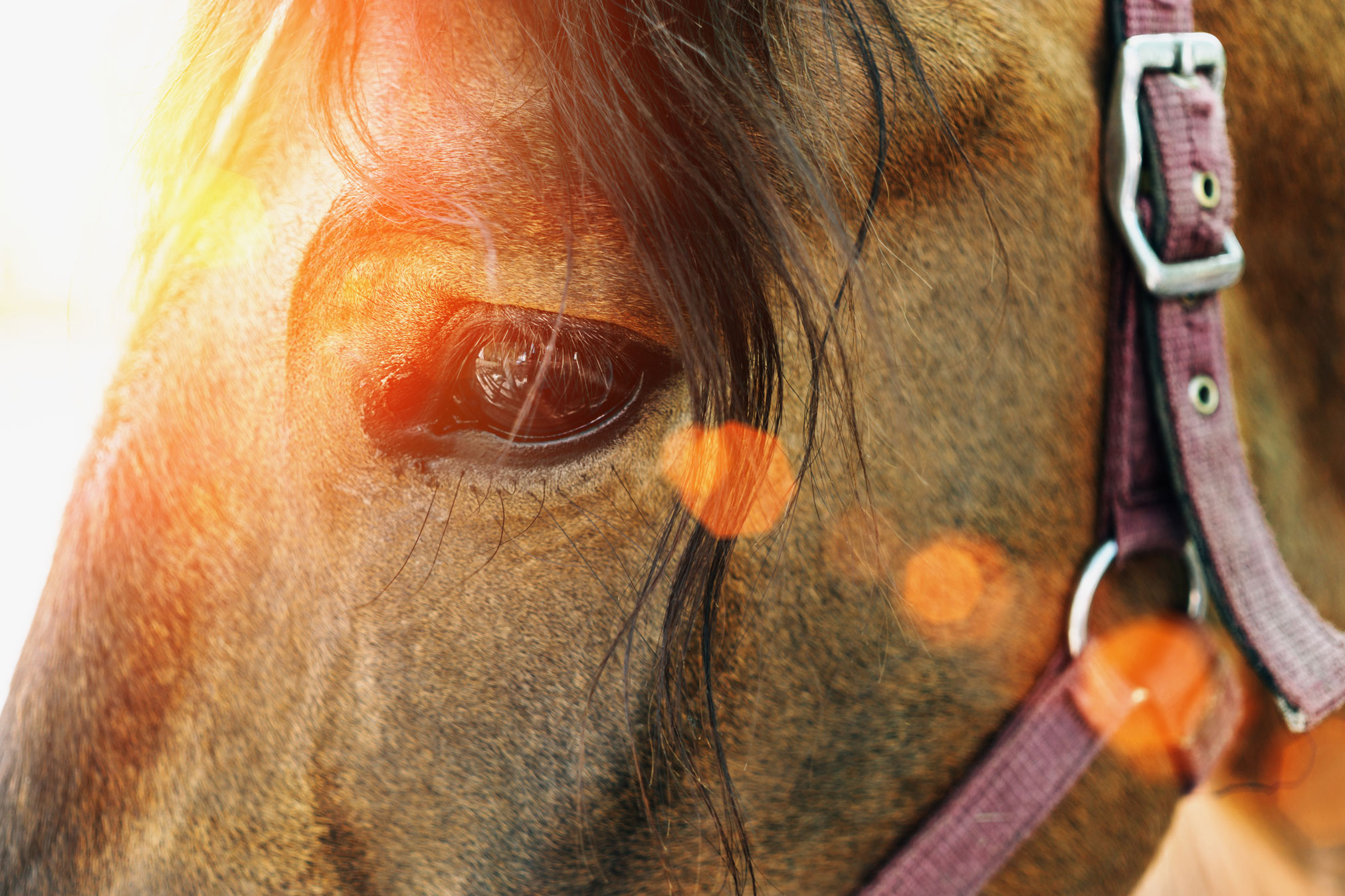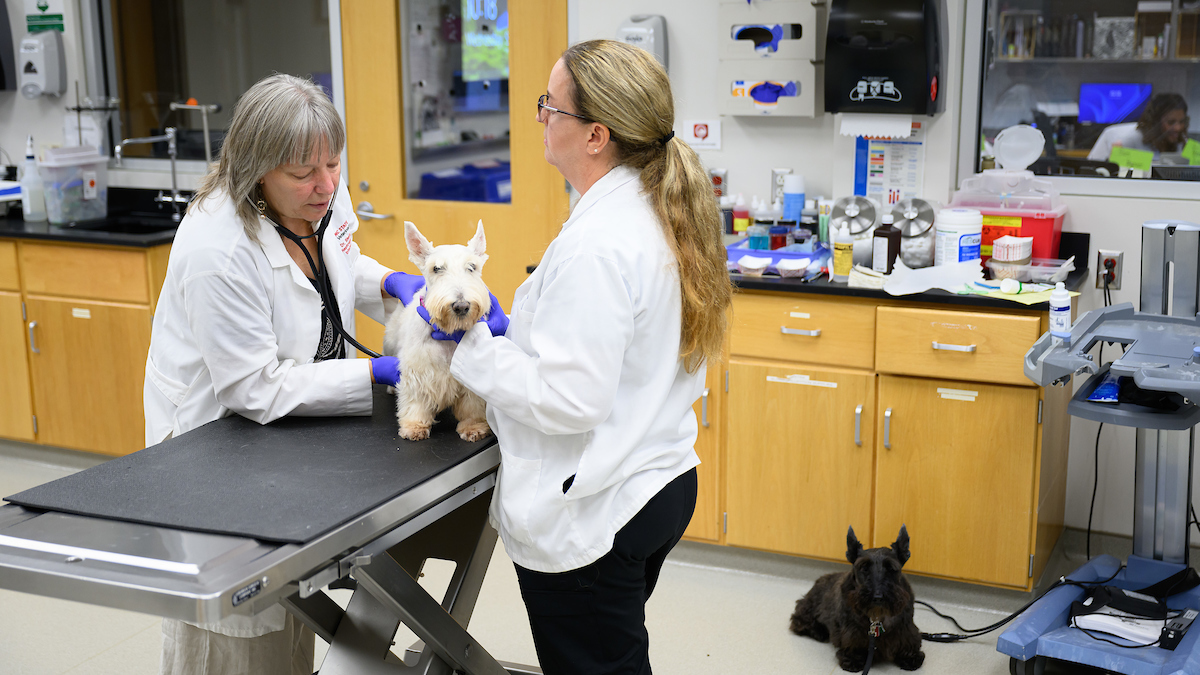Potomac Horse Fever in NC: What Owners Should Know

Following a cluster of Potomac horse fever cases reported in eastern North Carolina, the NC State Veterinary Hospital’s equine service is urging horse owners to go over prevention and treatment options with their veterinarians.
Potomac horse fever is a non-contagious, infectious disease caused by the bacterium Neorickettsia risticii, affecting horses regardless of age, breed and sex. Clinical signs include high fever to 107 degrees, diarrhea, lethargy and mild to moderate colic, according to the American Association of Equine Practitioners.
Cases are most common between late spring and early fall, but Potomac horse fever can occur during any season. The disease was originally described in horses living near the mouth of the Potomac River in Maryland and Virginia, but it has been documented in several other states.
The equine service recommends owners receive recommendations from their veterinarian based on a farm’s perceived disease risk.
For more information on Potomac horse fever, the AAEP provides the following resources:
Management: https://aaep.org/sites/default/files/Documents/PotomacHorseFever_Final.pdf
Vaccination: https://aaep.org/guidelines/vaccination-guidelines/risk-based-vaccination-guidelines/potomac-horse-fever
- Categories:


